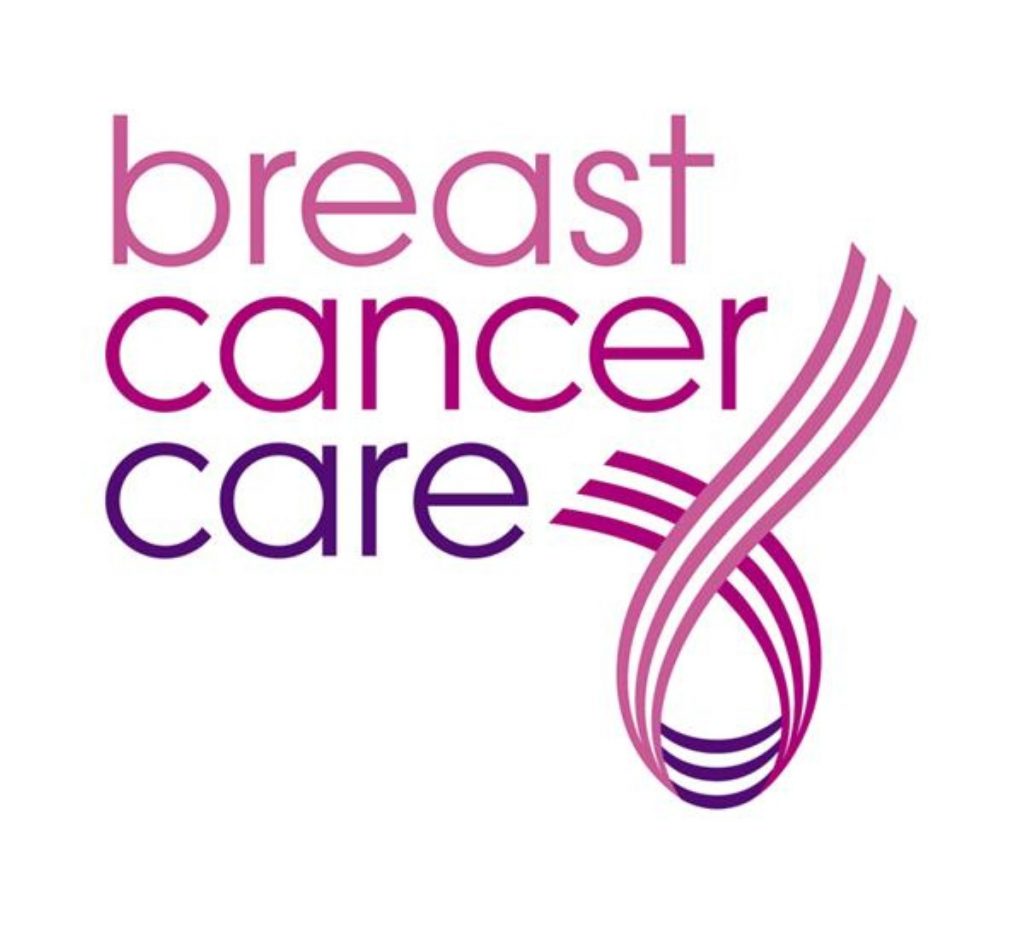Breast Cancer Care responds to MPs’ rejection of House of Loards amendments to the Welfare Reform Bill
Responding to MPs’ rejection of the House of Lords’ amendments to the Welfare Reform Bill in the House of Commons today (Wednesday 1 February 2012), Liz Carroll, Director of Policy and Research at Breast Cancer Care said:
'Today’s rejection by MPs of the Lords’ amendments to the Welfare Reform Bill is a devastating blow to the cancer patients we work with who rely on Employment Support Allowance (ESA) to financially support them through their breast cancer treatment and recovery.
'Asking people who are recovering from breast cancer to attend assessment for ESA after only 12 months is ludicrous and the presumption that cancer patients will try to avoid work to claim benefits is inaccurate. Breast Cancer Care research found that, in fact, breast cancer patients want to return to work as soon as possible as an important way of feeling ‘normal’ again. However, while they are unable to, due to cancer symptoms or treatment side effects, they need financial support. People with breast cancer have told us that being required to attend an assessment is a huge ordeal and it distracts them from the real issues they are struggling to cope with as part of their recovery
'We believe cancer patients should be able to claim ESA for at least 2 years without an assessment – cancer does not conform to a politically-dictated timeline and its impact can be felt for many years. We are deeply saddened that MPs have not felt compelled to protect the interests of people with breast cancer and implore them not to force through the Welfare Reform Bill at the expense of the patients we support.'
– – ENDS – – –
Notes to editors:
For further media information, please contact Laura Ellis laura.ellis@breastcancercare.org.uk or 0207 960 3505
Breast Cancer Care is here for anyone affected by breast cancer. We bring people together, provide information and support, and campaign for improved standards of care. We use our understanding of people's experience of breast cancer and our clinical expertise in everything we do.





-01.png)